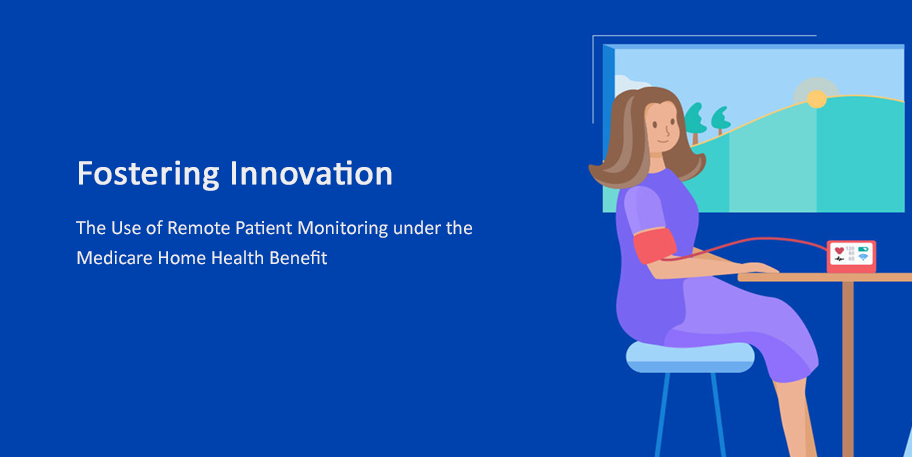For family, friends and professional caregivers, nothing is more frightening than the idea of a person with autism, suffering from dementia, or memory loss wandering the streets unable to care for themselves and incapable of finding their way home. Elopement and wandering are major concerns in most healthcare settings and if you are dealing with a long term care resident, it’s something you should be aware of as well.
First, let’s define our terms
Unsafe Wandering is any wandering that is disruptive to other residents, neighbors or housemates, or places the resident, or others at risk of bodily harm.
Why wandering occurs
While patient and resident behaviors vary greatly from person to person, common behavioral traits are often observed in patients with a tendency to wander and can included the following:
· They express boredom, become agitated, or experience stressful situations.
· Subject becomes disoriented, or confused with their surroundings.
· For seniors, they may be reenacting past patterns, such as leaving for work, or shopping.
· Mental links or associations with traveling, such as seeing a door, hat or coat.
Is your loved one at risk for wandering or elopement?
In addition to the warning signs mentioned, there are specific instances which tend to increase the desire to roam and can lead to unsafe wandering and eventual elopement. Dementia patients and those with diminished cognitive abilities are not the only ones that wander. Residents with normal cognitive abilities can be prone to it as well.
· Patients or residents that have recently moved to a new setting, or had extensive changes to their environment are much more likely to attempt elopement.
· Cognitively able patients may become frustrated with perceived lack of care, or changes in their routine they fine confining, or irritating.
· Patients or residents that are not as physically compromised, but may still require close supervision are a special risk, since they are capable of moving quickly and taking action to conceal themselves once eloped.
Risk management is the key to finding balance
In almost every case, for an able bodied patient, constant hands on supervision is just not practical. It stresses the resident and caregivers beyond what it reasonable. So, how can you find a happy medium to make sure your loved one stays safe, while giving them as much freedom as they are capable of?
· Instituting a solid plan to prevent wandering and elopement, and a response protocol for incidents, can help alleviate some of the stress.
· Tools such as wandering alerts can help to establish a safe perimeter and allow caregivers to get other work done, knowing those in their care are safe. https://www.youtube.com/watch?v=MPsJU2uwOs0
· Panic alerts that give the patient a way to call for help are also useful in conditions where they may be confused or disoriented. https://www.youtube.com/watch?v=qVKFVOlMaxE
· Setting up strict controls that can be gradually relaxed until you find the level of supervision that works best for your loved one is a good place to start.
By providing them with a familiar, structured, engaging environment, many motivating factors for elopement can be reduced, or eliminated. Work with your loved one when possible to come up with a plan that gives them what they want, while providing the security they need.
Resource links
https://www.nccdp.org/WanderingBehavior5-10-05Final.pdf
https://www.patientsafety.va.gov/A_Toolkit_Patients_At_Risk_for_Wandering.asp






